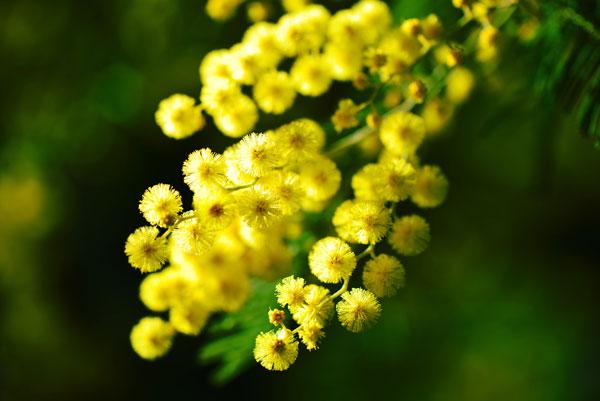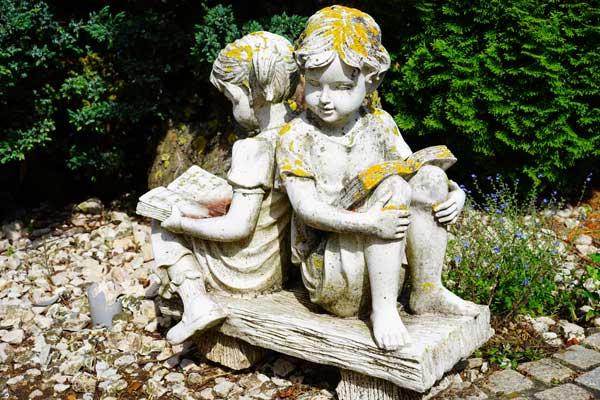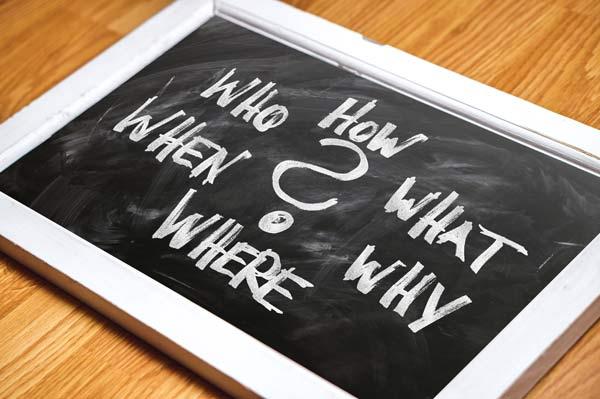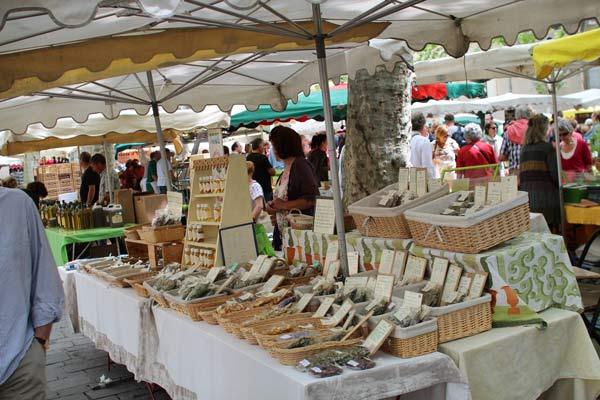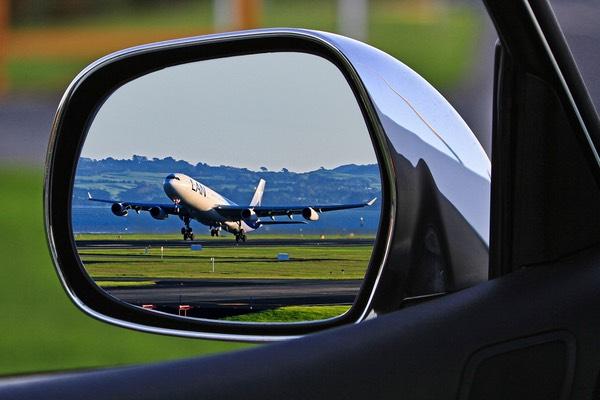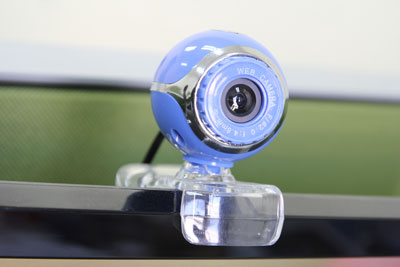“Have another? Better not …”
Dr Walt Ambruster and Cressida van Zyl-Pithey take another look at problem drinking
 Every year at Christmas we offer some advice on coping with hangovers. This last time we actually recommended a website – www.hangover.net – which lists hundreds of alleged ways of dispelling that morning-after malaise. Nasty as it can be, a lot of people shrug it off as the unavoidable price for having a good time. And it’s true that for most of us drinking isn’t a problem, leaving aside an occasional bad head and queasy stomach. On the other hand everyone seems to have heard that alcohol can be good for you, and that’s something we’ll look at next time.
Every year at Christmas we offer some advice on coping with hangovers. This last time we actually recommended a website – www.hangover.net – which lists hundreds of alleged ways of dispelling that morning-after malaise. Nasty as it can be, a lot of people shrug it off as the unavoidable price for having a good time. And it’s true that for most of us drinking isn’t a problem, leaving aside an occasional bad head and queasy stomach. On the other hand everyone seems to have heard that alcohol can be good for you, and that’s something we’ll look at next time.
“The medical picture is grim”
We live among a drinking people. With an annual consumption of 10.1 litres a year, the French are in the top group of Europeans for alcohol consumption, outdrunk only by the Luxemburgers and the Irish. The truth is, though, that they’ve cut back a lot over the past fifty years. Their consumption of wine has fallen by a third since 1970 and sales are now less than half those of mineral water. Of those who do drink alcohol – now down to around a half of the population – most can be described as “moderate” drinkers. That’s about 85% of the total; the remaining 15% account for a half of all alcohol consumed. According to government figures some two million people in France have a serious problem with drinking; a local study has identified some 90,000 individuals – that’s getting on for one person in ten – as being in this category in the Alpes-Maritimes. Men outnumber women as problem drinkers by two to one.
But what exactly constitutes “a serious problem with drinking”? To start with, tolerance of alcohol varies from person to person so we can’t be too absolute with definitions. Some people drink quite a lot but don’t seem to have a problem. Alcoholism in the full sense means that someone is dependent on alcohol and can’t stop drinking even when they know they ought to and are aware of how they’re damaging themselves. But what sort of damage is involved? As drinking gets out of hand over time the medical picture is pretty grim. There are physical effects such as stomach disorders, liver and kidney malfunction, damage to the heart and symptoms such as heavy sweating and loss of appetite. And then there are psychological effects – emotional instability, indifference to others, loss of social interest. Impaired mental functioning is a notorious outcome. Fully one-third of those receiving treatment for alcohol dependence have had their driving licence suspended.
“A disease of denial”
We can’t give a figure for serious problem drinking within the expat community but there’s quite a lot of it about. Just a couple of cases we’ve come across: “Carole” came here as “a trailing spouse” some seven years ago. “I suppose it was a mixture of things. I wasn’t working. I was home alone a lot – we didn’t have children. I was bored and got into drinking a lot of wine during the day. Then I took up with vodka. My husband was disgusted, actually, and that stressed me out even more. We finally split up.” “Theo” had a top-of-the-range technical sales job here: “In a way, I was in a world designed to manufacture alcoholics. Lots of long boozy lunches and then when you travel – I was all over Europe – there’s not much to do in the evening apart from watching CNN than to go to the bar. Anyway, my drinking got out of control and I was fired …”
Of course, it has to be said again that problem drinkers are the exception and we’re not suggesting that our local community is a bunch of lushes, but for the unwary drinker it’s easy to be phased into dependence. Those to whom this happens need to do something about it. One difficulty is that alcoholism is a disease of denial – sufferers don’t want to recognise their dependence and often those around, even sometimes employers, avert their eyes and say nothing. Anyone who can’t stop drinking and realises that this is damaging his or her professional and personal life just has to act. To start with, this means going to a doctor. He’s not there to pass judgement but to help the sufferer get well. He’ll ask some questions, carry out a physical examination and offer some advice. Some people go into “detox” – there are a lot of good places around. But then what happens when they leave the disciplined environment of the clinic?
“AA: extraordinarily supportive”
The answer, for many, has been Alcoholics Anonymous. To find out more about this movement, founded in the USA just over seventy years ago, we spoke to a local organiser: “AA has a significant presence along the Coast – there are around a dozen English-speaking meetings a week in the Alpes-Maritimes, the Var and Monaco. Anyone who wants help can call up our main number and they’ll be talking to someone sympathetic who’s been through it and understands what it’s all about. Some people contact us first, others when they’ve already had medical help. Usually an appointment is arranged and then the person starts going to local meetings. If he or she is still in deep trouble, one of the members will become a personal sponsor and help the newcomer along the way to an alcohol-free way of life. It’s worked for lots of people and the key is that extraordinarily supportive atmosphere the groups have. Myself, I got out of the hole several years ago but I still attend, partly to help others, partly because I find it socially satisfying. You know, we’ve got members who’ve transferred from groups as far away as the United States and Australia.” It was through a local AA meeting that we made contact with Carole and Theo. They both seem now to be “out of the hole” .…
For those able to speak reasonable French, the University Medical Centre in Nice (l’Archet 2) has a specialist day-care unit for those with alcohol-related problems.
Alcoholics Anonymous: 04 93 82 91 10.
Archet 2 (alcoholism clinic) : 04 92 03 55 55









